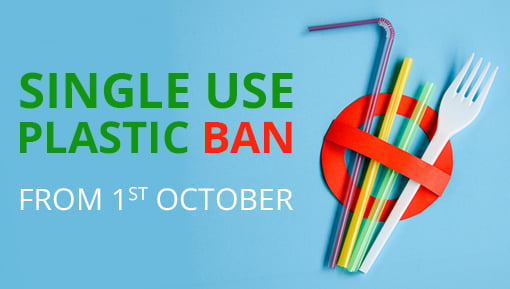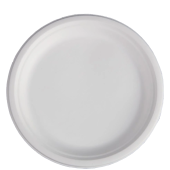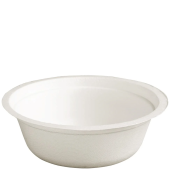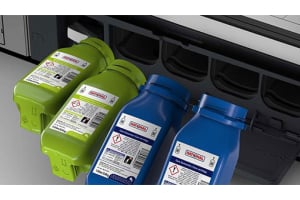

UK's Comprehensive Single-Use Plastic Ban: Navigating Alternatives for Plates, Bowls, Cutlery, and More
Introduction:
In a groundbreaking move, the United Kingdom is gearing up for a transformative ban on single-use plastics from October 2023. This ban extends beyond just straws and stirrers, encompassing a wide range of items such as plates, bowls, trays, containers, cutlery, and even balloon sticks. This article will dive into the specifics of the ban, exploring the alternatives available for these now-restricted products and the positive impact these changes can have on our environment.
Banned Products:
The comprehensive ban targets a variety of single-use plastic products that have long been contributors to environmental pollution. The newly restricted items include:
- Plastic Plates and Bowls: Disposable dinnerware often used in fast-food establishments and events will no longer be made of conventional plastic.
- Trays and Containers: Single-use plastic trays and containers, commonly used in takeout and food packaging, will undergo a significant transformation.
- Plastic Cutlery: Disposable forks, knives, and spoons made of plastic will be replaced by more sustainable alternatives.
- Balloon Sticks: Even seemingly innocuous items like balloon sticks, often made of plastic, are included in the ban due to their contribution to plastic waste.
Sustainable Alternatives:
With these items falling under the ban, the onus is now on businesses and consumers to adopt alternatives that are kinder to the environment. Here are some sustainable options for the banned products:
- Biodegradable Dinnerware: Plates and bowls made from materials such as bagasse (sugarcane fibre), cornstarch, or palm leaves provide a biodegradable alternative to traditional plastic.
- Compostable Trays and Containers: Businesses can explore compostable options made from plant-based materials, ensuring that takeout and food packaging have a reduced environmental impact.
- Reusable Cutlery: Investing in durable, reusable cutlery made from bamboo, cornstarch, or other eco-friendly materials offers a sustainable solution for consumers and businesses alike.
- Alternative Balloon Sticks: Instead of traditional plastic balloon sticks, consider using alternatives made from paper or other biodegradable materials.
Embracing Change:
As the ban takes effect, there may be a period of adjustment for businesses and consumers alike. However, this shift presents an opportunity for innovation and a collective commitment to environmental responsibility. By embracing these alternatives, individuals and businesses contribute to a more sustainable and ecologically conscious society.
Conclusion:
The UK's comprehensive single-use plastic ban, covering plates, bowls, trays, containers, cutlery, and even balloon sticks, marks a significant stride towards a greener future. As alternatives gain prominence, there's an opportunity for positive change in consumer behaviour and business practices. By making informed choices and adopting sustainable alternatives, we can collectively reduce our environmental footprint and pave the way for a cleaner, healthier planet. The ban serves as a reminder that every small change contributes to a more sustainable and resilient future for generations to come.











